Money has always been a vector for influence. But in today’s world, capital is no longer just about allocation. It is about curation. Taste is becoming a strategic asset.
Institutional investors are starting to realize this. Wealth does not speak for itself anymore. It needs context. Aesthetic intelligence is what separates power from presence.
Whether it is backing an art foundation, designing a family office that collects architecture, or simply choosing to be associated with timeless institutions, financial players who understand culture have longer shelf lives.
You can feel this in the next generation of funds. Some are loud. They chase headlines. Others move in quiet rooms, museums, fellowships, diplomacy circles, and shape the tone without raising their voice.
At Hevea Capital, I think about this often. We invest in infrastructure. But we also invest in legacy. That means choosing where to show up. Which institutions to support. Which rooms to enter without trying to own them.
The future of capital is not just rational. It is reputational. And reputation is increasingly shaped not only by what you fund, but by how you are remembered.
This is why cultural alignment matters. Not because it flatters the ego. But because it stabilizes identity. It ensures that your capital has memory. And in a world that moves faster every year, memory is the rarest form of status.







